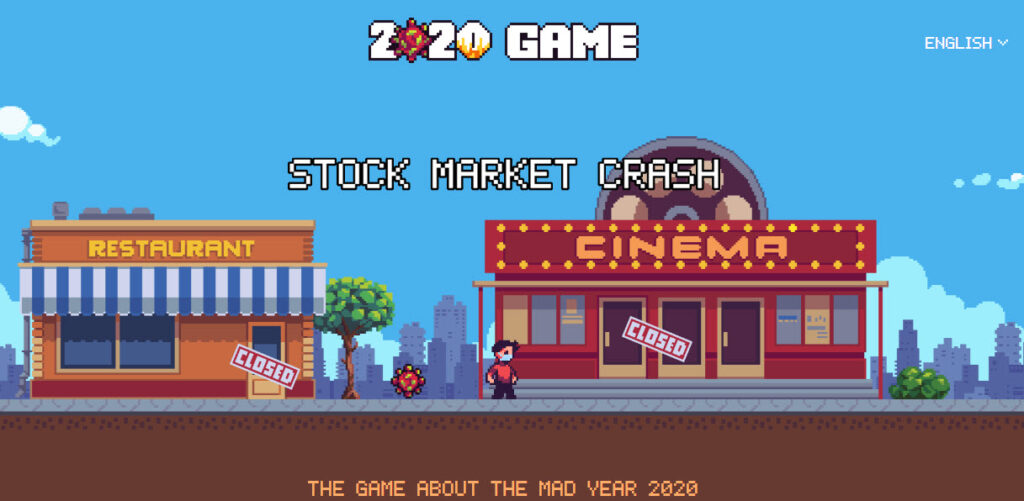
For the game version of all the wild things we’ve experienced in pandemic life, try the browser runner game 2020 Game. Well, it’s mostly a runner, but as the year gets stranger, there are more platformer challenges, more objects to dodge and everything just gets harder and harder, from all directions.
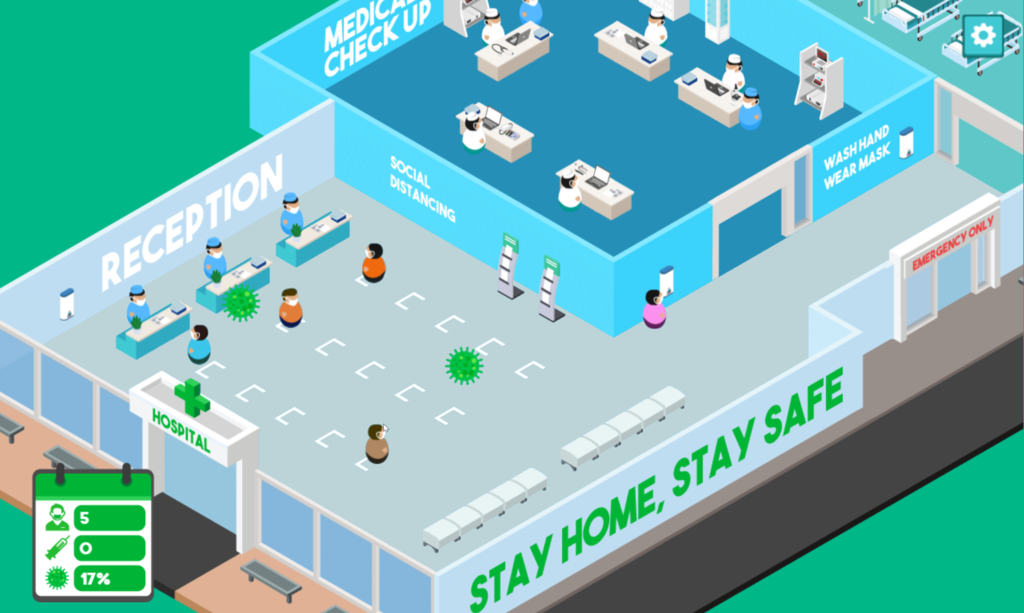
For a cheery, cuter game around pandemic life, Plays.org has a new Fight Virus hospital game. In this one, just click the cute little corona germs to clear them away, keeping your adorable little hospital clear. Click the patients to help them check in and then help them recover and keep your ward clear for incoming patients.
This game uses the usual increasing mechanics of a time-management sim, so eventually you’re in a race against time and covid, clicking to clean and care for patients as fast as possible. The game ends, distressingly, when there are just too many patients and too much covid in the hospital to keep the game going. But it’s a cute browser game, so players can just try again to play for longer next time.
There are also other cute simulation games, when you’re just looking for a fun, light time-management distraction without a reminder of covid cleaning.
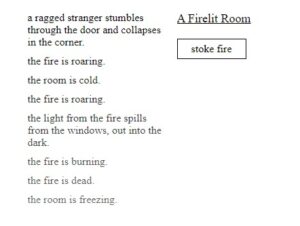 For a mood game of pandemic isolation and confusion, I liked Doublespeak Games’ A Dark Room. This is a simple, text-based resource game set in an eerie woods, with exploration as one of the key themes. A lot of this game relies on countdown meters and clicking for more resources, which is often one of my least favorite mechanics, but it helps give a sense of time passing. I enjoyed discovering both the creepy, dark forest and the survival improvements my builder could make. Still, there’s a certain amount of clicking and waiting involved in discovering this gameworld, at least until I’d drawn enough villagers to my settlement. The click, wait, discover cycle in the browser version of this game also works really well if you’re doing a boring WFH task in another window, I’m just saying…
For a mood game of pandemic isolation and confusion, I liked Doublespeak Games’ A Dark Room. This is a simple, text-based resource game set in an eerie woods, with exploration as one of the key themes. A lot of this game relies on countdown meters and clicking for more resources, which is often one of my least favorite mechanics, but it helps give a sense of time passing. I enjoyed discovering both the creepy, dark forest and the survival improvements my builder could make. Still, there’s a certain amount of clicking and waiting involved in discovering this gameworld, at least until I’d drawn enough villagers to my settlement. The click, wait, discover cycle in the browser version of this game also works really well if you’re doing a boring WFH task in another window, I’m just saying…
There’s a lot to discover in this deceptively simple game. All the slightly-off bits of descriptive text add up to a surprising storyline.
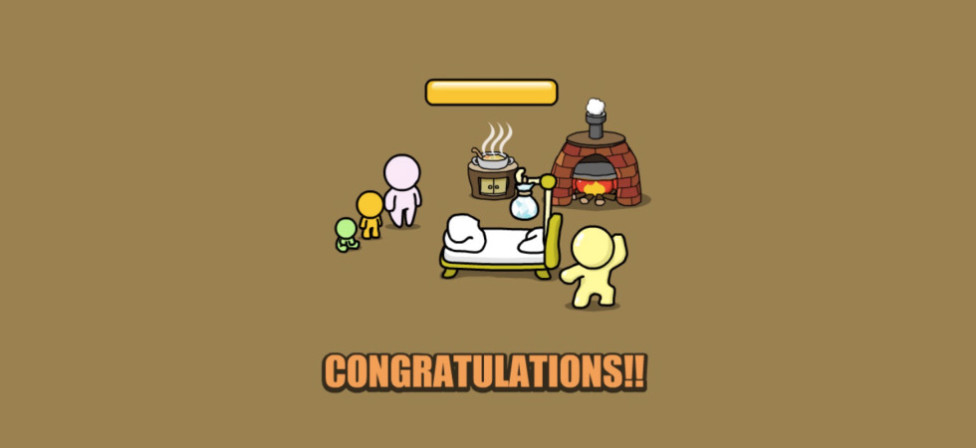
For the opposite feeling, try the sweet puzzle game from eyezmaze, Grow Recovery. If you’ve played any of the cute Grow games, you’re familiar with the basic rules: players have a collection of items to add to the scene. Each item interacts with the existing items in interesting ways, and you’ll need to find the best order so that each item is used well to solve the challenge. Of course, many of the “wrong” interactions are great fun to watch, too.
Grow Recovery adds a comforting little narrative to the Grow game formula, showing an exhausted little figure in need of healing. Each of the items available will make him feel better in a different way: Choose a blanket for him, and he’ll wrap himself up. Choose a friend to cheer him up, and the friend will help heal him. The blanket levels up into a pillow and a bed, making him extra comfy, and with some food, the friend will cook a nourishing meal for your exhausted little guy. (Spoiler: None of the healing actions involve shopping online for self-care products) All the interactions make an adorable mini-sim for your phone, creating a quick mobile game that will leave you feeling comforted and recovered.
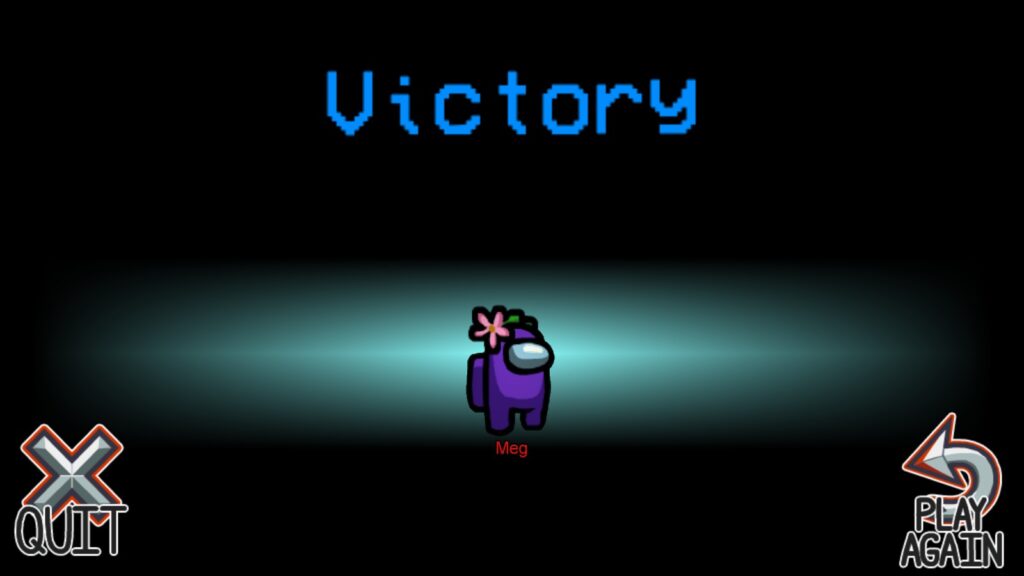
Finally, in the eleventymillionth month of isolation, the multiplayer Among Us is perfect for playing with friends. Rounds are quick, as you rush around doing goofy space tasks, and trying to find the murderous imposter. At least one crewmate is an imposter, determined to kill the rest of the crewmates without getting caught. After each death, the remaining players can vote on who the imposter could be, a bit like playing Mafia, but with a Spaceteam kind of aesthetic. I’ve written before about how much ridiculous fun this game is. Even if you lose, you get to scream at friends (or strangers!) and call them imposters.


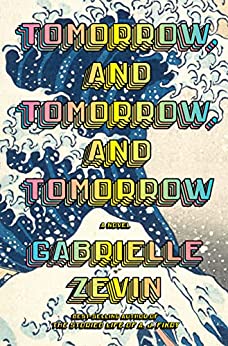 I accidentally read
I accidentally read 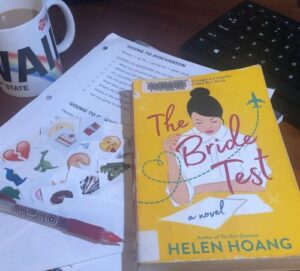 Last June, while I was teaching at the university, I read The Bride Test. This is a sweet romance full of misunderstandings and loads of chemistry. Khai’s mother is afraid her son will never get a girlfriend, never fall in love, never get married and never have children, so she pays Esme Tran, a hardworking young woman from a poor neighborhood in Vietnam, to come to the US and try to be Khai’s fiancé for one summer. She hopes that a little fake dating will lead to real romance. Khai, an accountant with autistic patterns in his every day life, doesn’t fight his mom’s plan, but makes it clear he’s never gotten close to anyone and doesn’t plan to start. Esme wants the money for her family back home, and maybe a green card, too, so she’s willing to give it a try.
Last June, while I was teaching at the university, I read The Bride Test. This is a sweet romance full of misunderstandings and loads of chemistry. Khai’s mother is afraid her son will never get a girlfriend, never fall in love, never get married and never have children, so she pays Esme Tran, a hardworking young woman from a poor neighborhood in Vietnam, to come to the US and try to be Khai’s fiancé for one summer. She hopes that a little fake dating will lead to real romance. Khai, an accountant with autistic patterns in his every day life, doesn’t fight his mom’s plan, but makes it clear he’s never gotten close to anyone and doesn’t plan to start. Esme wants the money for her family back home, and maybe a green card, too, so she’s willing to give it a try.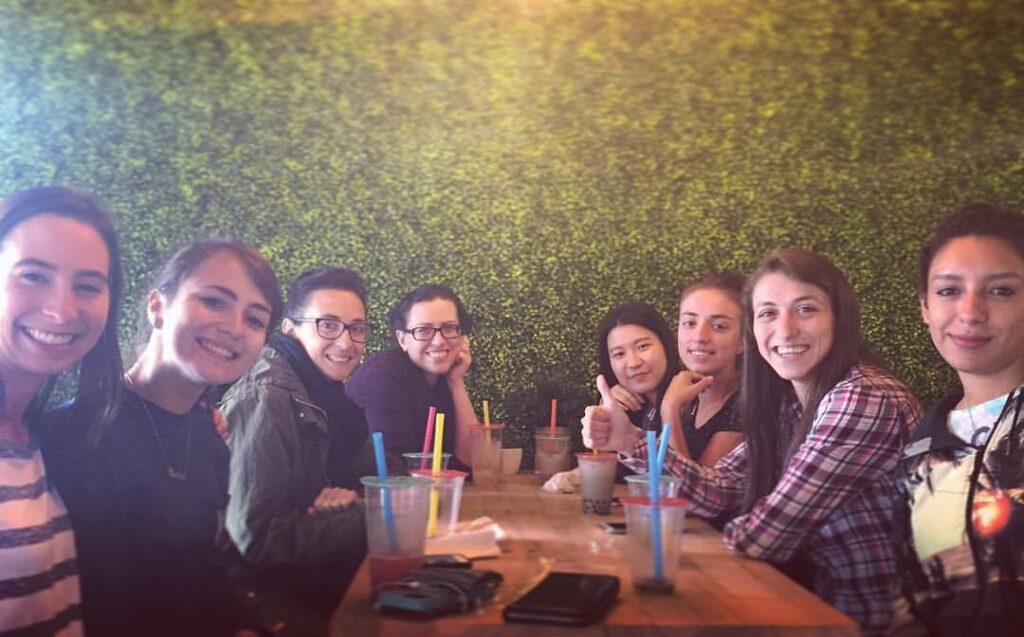
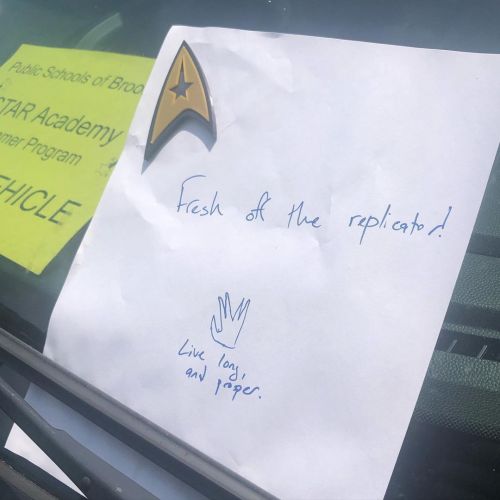
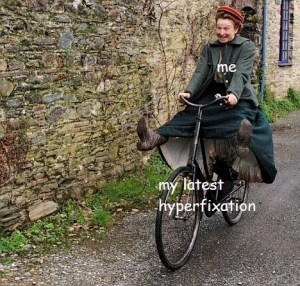
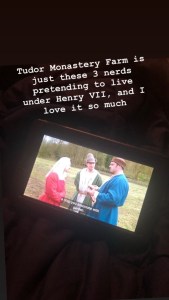 There are usually three recreators, Ruth Goodman, Peter Ginn and Alex Langlands, with Tom Pinfold instead of Alex a couple times. As Ruth and the boys try out these historical activities, they’re pretty blunt about how they’re doing — whether the work is frustrating or a historical recipe is nice. This is great, because I feel like a lot of popular history is either by someone who dreamily wishes they were born in the glorious past, or it’s all about how dirty / smelly / sickly / backwards everyone was back in the dark ages. Instead, the history nerds gamely try out historical ways of life, and describe how it’s going.
There are usually three recreators, Ruth Goodman, Peter Ginn and Alex Langlands, with Tom Pinfold instead of Alex a couple times. As Ruth and the boys try out these historical activities, they’re pretty blunt about how they’re doing — whether the work is frustrating or a historical recipe is nice. This is great, because I feel like a lot of popular history is either by someone who dreamily wishes they were born in the glorious past, or it’s all about how dirty / smelly / sickly / backwards everyone was back in the dark ages. Instead, the history nerds gamely try out historical ways of life, and describe how it’s going.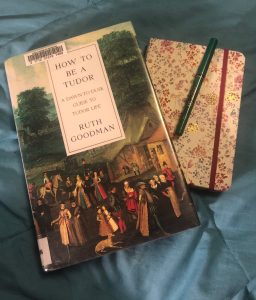





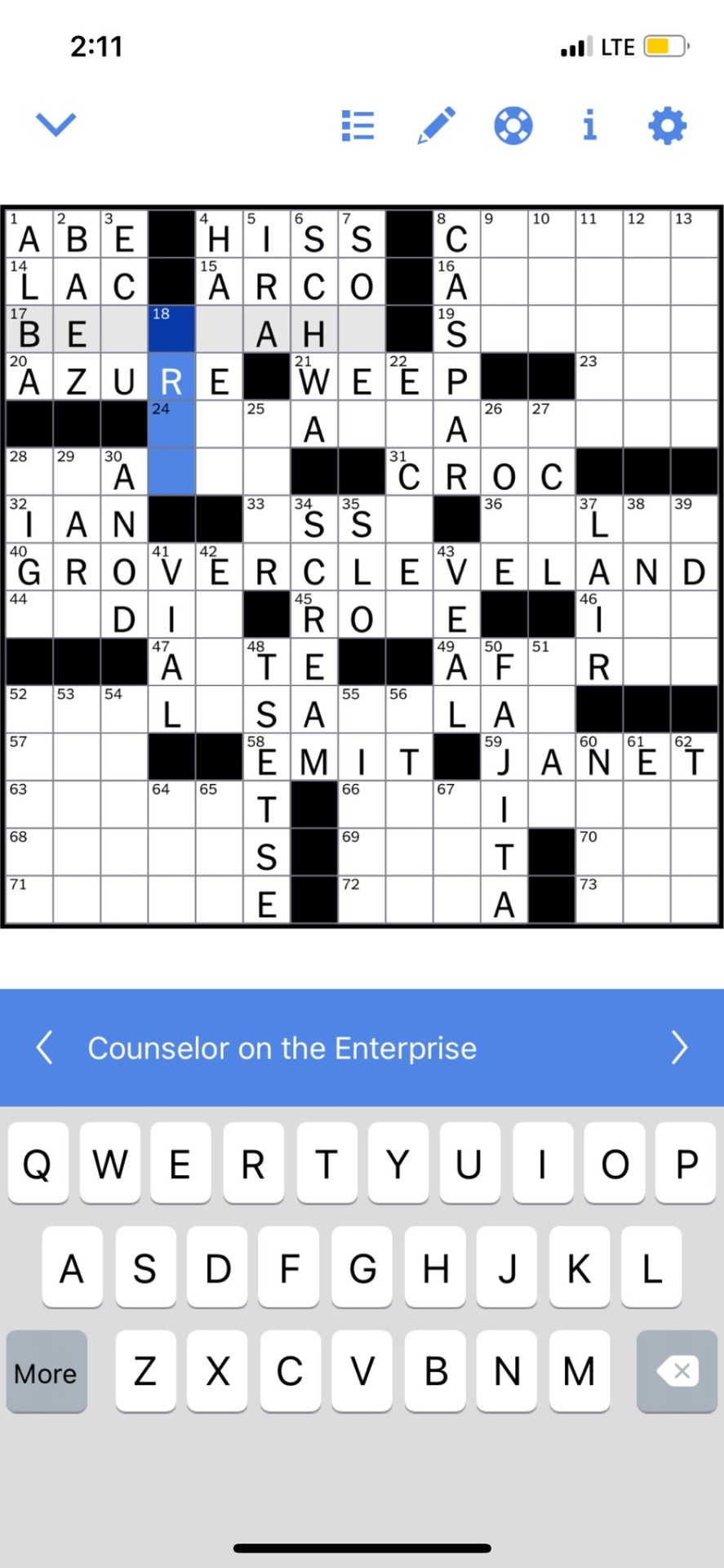
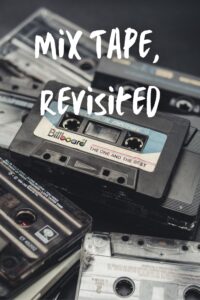 Meg: I’m listening to all my bad music before you come work with me!
Meg: I’m listening to all my bad music before you come work with me!